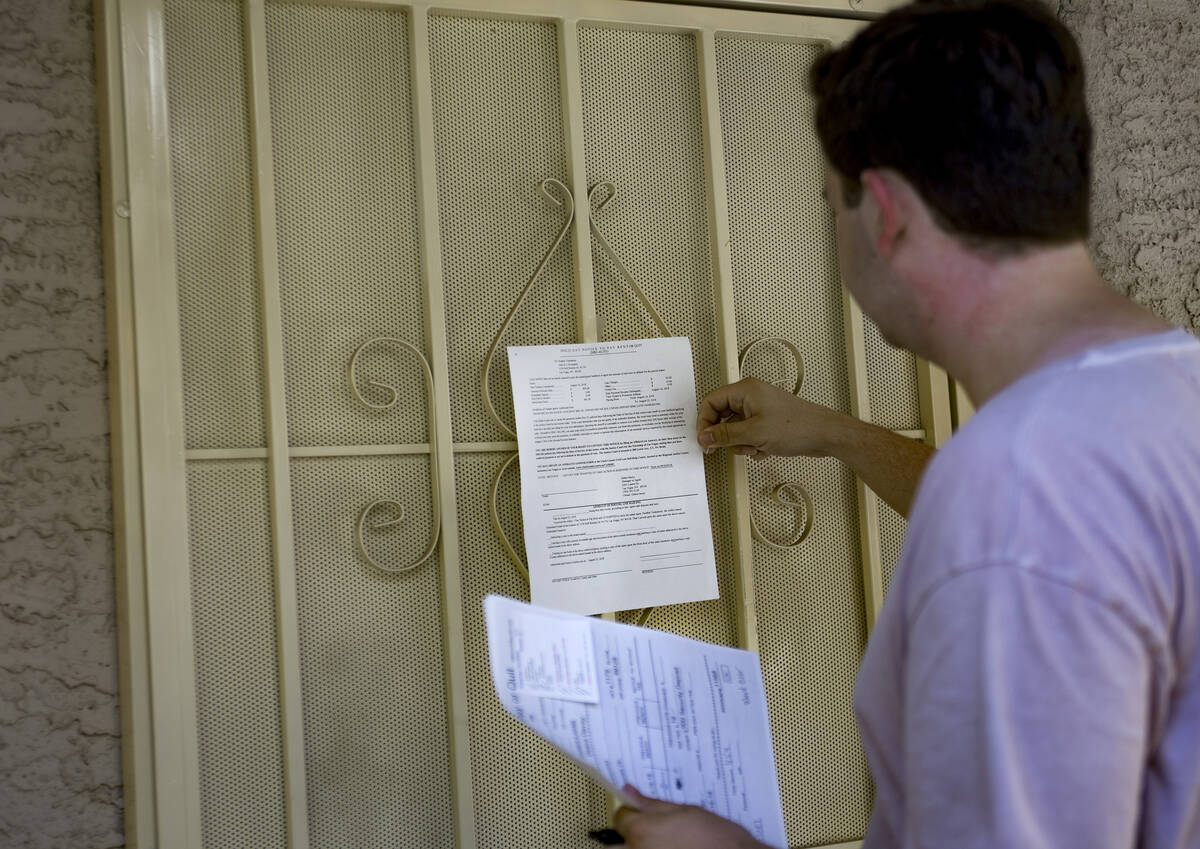EDITORIAL: Democrats love bad policy
Democrats in Carson City will almost certainly attempt to revive their ill-thought-out rent control bills during the 2025 legislative session. They remain obliviously unfazed by the failure of such policies everywhere they’re tried.
Two Maryland counties are just the latest jurisdictions to reap the unfortunate consequences of rent control.
The Wall Street Journal reported last week that Montgomery and Prince George’s counties in Maryland recently enacted some of the strictest rent control laws in the nation. The rules cap rent increases at 6 percent — or 3 percent plus inflation, whichever is lower — even for vacant units.
The result has been a sharp decline in rental housing investment. When investors pull back, fewer new homes and apartments get built — a direct blow to increasing housing supply. And according to MSCI Real Assets, that’s what has happened in these Maryland counties as multifamily property transactions dropped 13 percent this year.
The president of one Realtor group told the Journal that “there’s no question” the restrictions “had more than a chilling effect” on the market.
The Maryland experience mirrors what happened in St. Paul, Minnesota, where a strict new rent control law cratered investment in the housing market, leading the City Council to rethink the experiment.
None of this is surprising. When returns are artificially capped, fewer rental homes are built, and existing units are more likely to be converted into condos or sold as single-family homes. As a result, the overall supply of rental housing shrinks. Landlords under such restrictions also spend less on maintenance and upkeep. Renters paying below-market rent are less likely to move, so the properties they live in deteriorate over time. Rundown apartments harm surrounding property values, and tenants are stuck in aging, poorly maintained housing.
Ultimately, when supply drops, prices rise. A policy intended to make housing more affordable achieves the opposite result. The long-term effect is higher rents for those seeking homes and fewer options for everyone.
In the Maryland counties, where the laws exempt new construction and allow some exemptions for renovations, the damage has been evident. The Journal reports that local brokers say there has been a significant slowdown in real estate activity, with developers and landlords wary of doing business in a more regulated environment.
Instead of distorting the market with rent control, policymakers should focus on solutions that expand housing supply, such as easing zoning restrictions, incentivizing development and offering targeted assistance to those in need. These approaches address the root cause of high rents — too few homes for too many renters.
Rent control is a monument to the progressive preference for elevating virtue signaling over solutions that actually work. Republican Gov. Joe Lombardo was correct to veto the rent control bills that emerged from the 2023 Legislature. He should be prepared for a repeat next year.






















